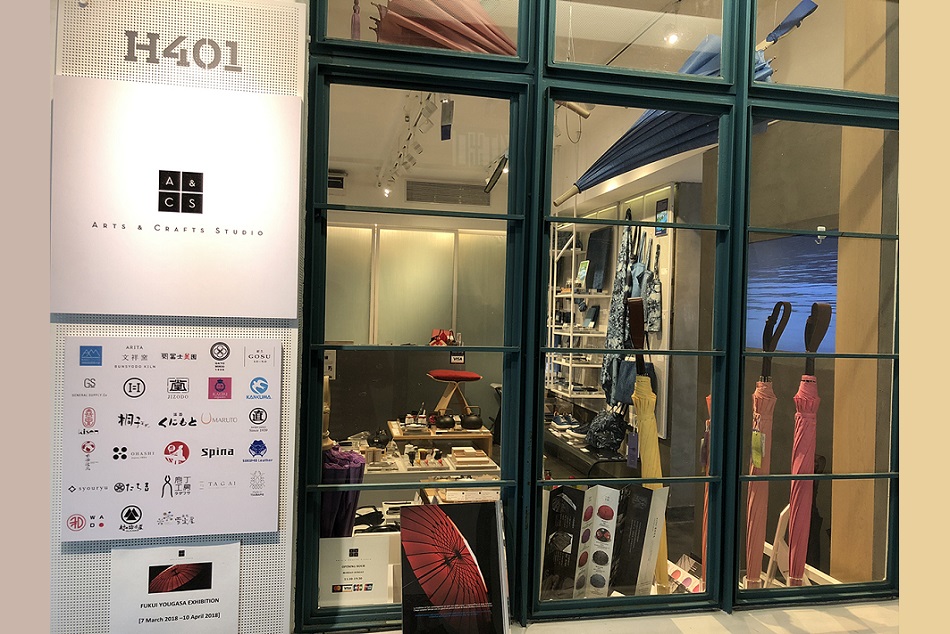Design Feature #29
Unusual Utensil
Hak Dei

Written by Kit Chan
Translated by Derek Leung
Photos by Kit Chan
In the era without select shops, there were only household utensil shops.
Mainly made of three materials found in Nature, namely bamboo, grass and rattan, the utensils for daily household use sold in such a shop are the testimony of the daily living of our ancestors. Unornamented without any decoration, all these domestic necessities are by all means functional and life-reflecting.
Throughout these years, those household utensil shops in your neighbourhood serving the community have gradually been replaced by new select shops, testifying the life cycle that the stronger stays.
However, someone does the opposite by trying to resume the priceless status of those locally-made pots and containers.
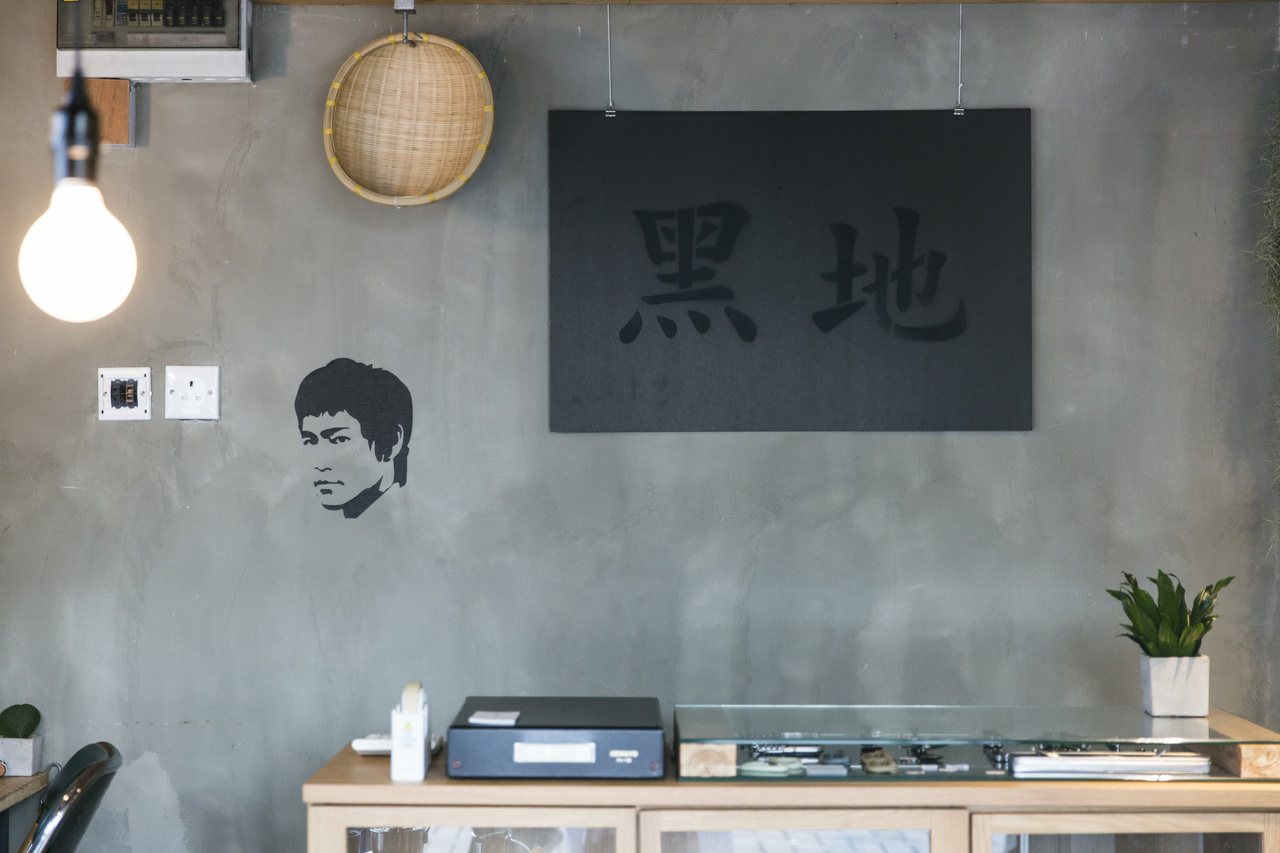
This is what Hak Dei originating from Shek Kip Mei wishes to tell us in its shop.
It is a household utensil shop in the way that it is packed by and stacked with steamers, bowls with floral patterns, bamboo splints, rattan baskets, plastic kettles, white iron mailboxes and the like, but not at all in the way that it is too simple and modern. It is a clean and neat store with every item arranged in perfect order and presented with an absolutely new touch.
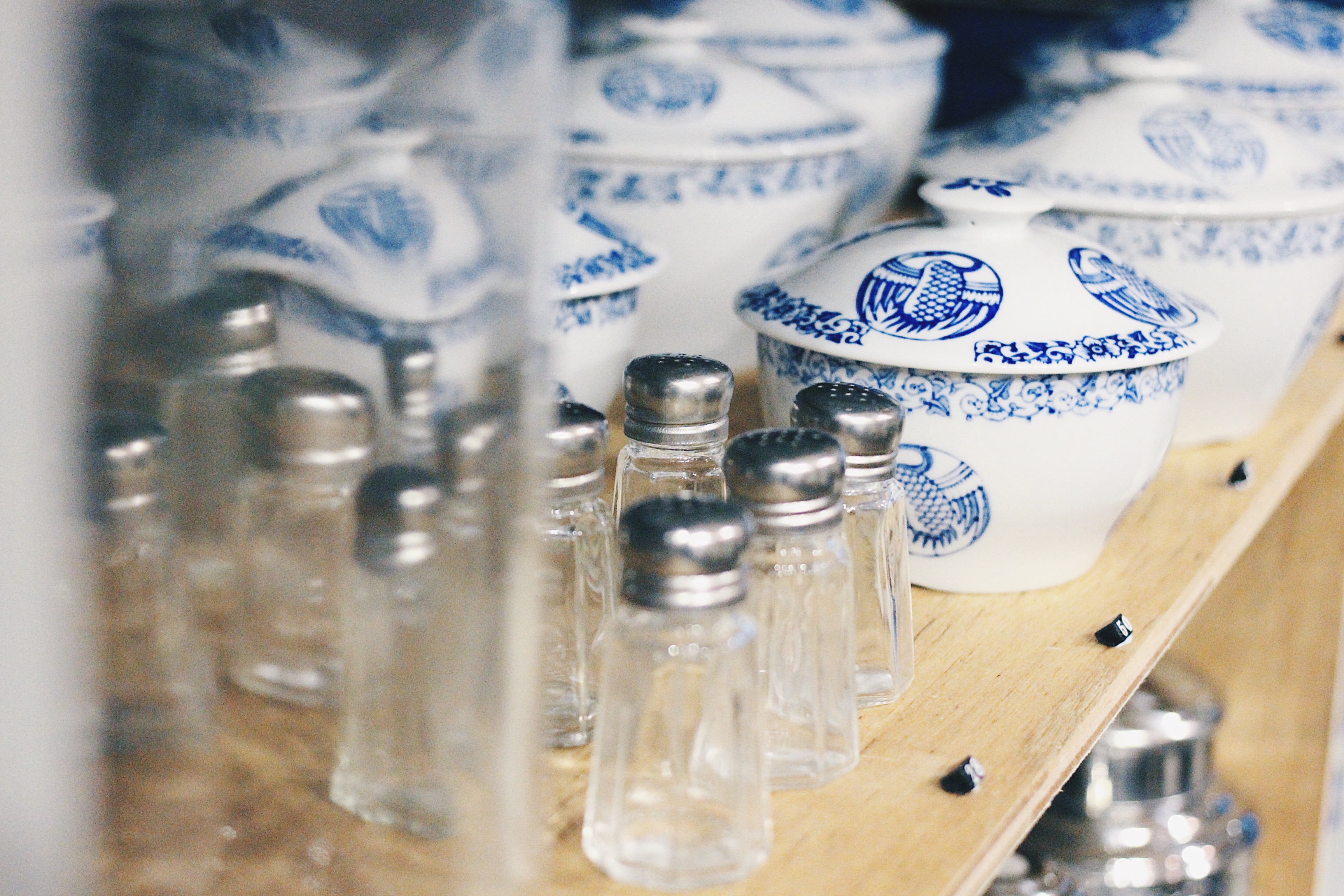
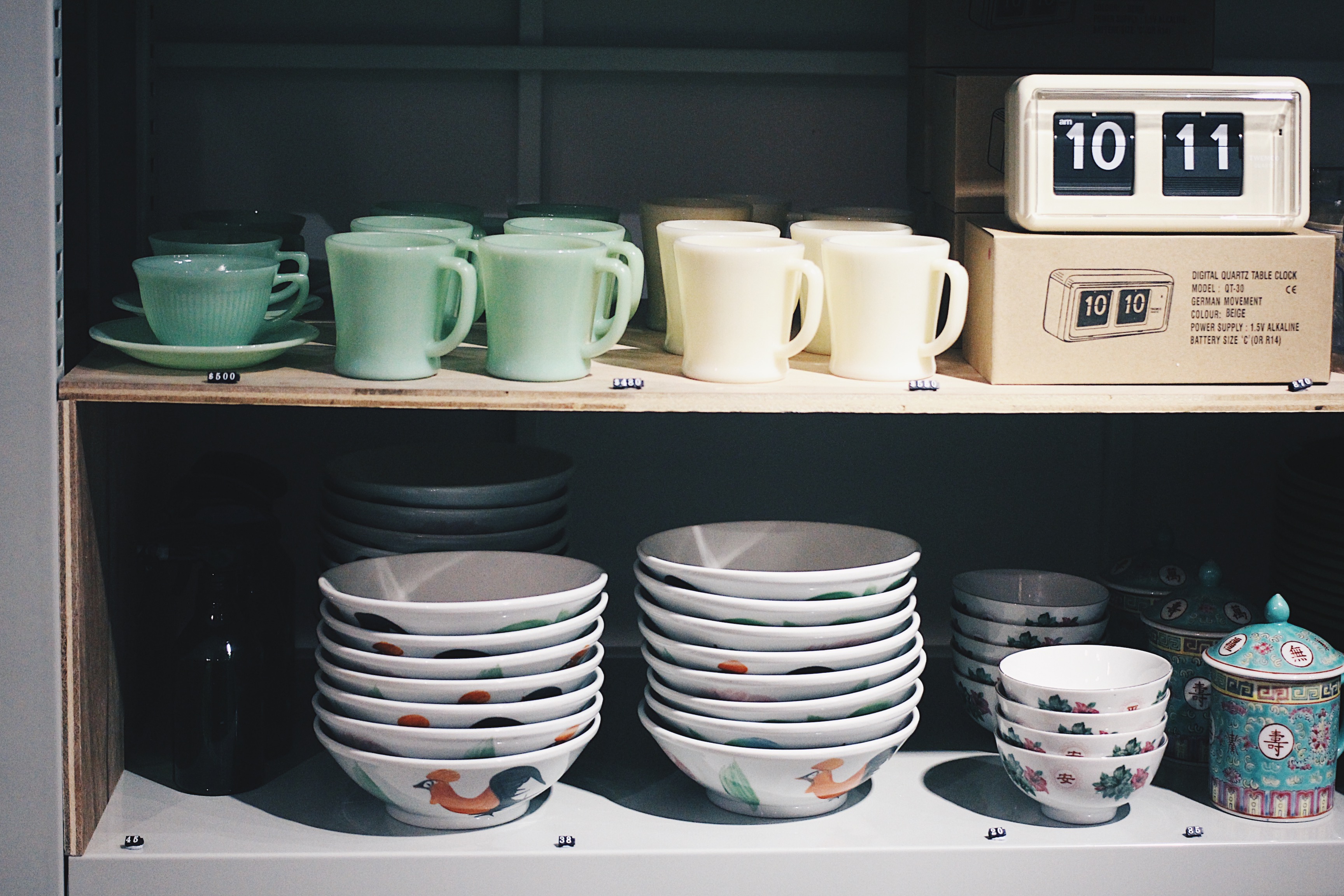
"I always like Chu Wing Kee (a traditional household utensil shop in Sheung Wan) and I always go there shopping. I can always find some good things there," said Pang, owner of Hak Dei, with honest indication of his intention to open a similar store.
While traditional household utensil shops are nearly fully piled up, Hak Dei is selective in showing the real old and famous local Hong Kong brands and iconic items:

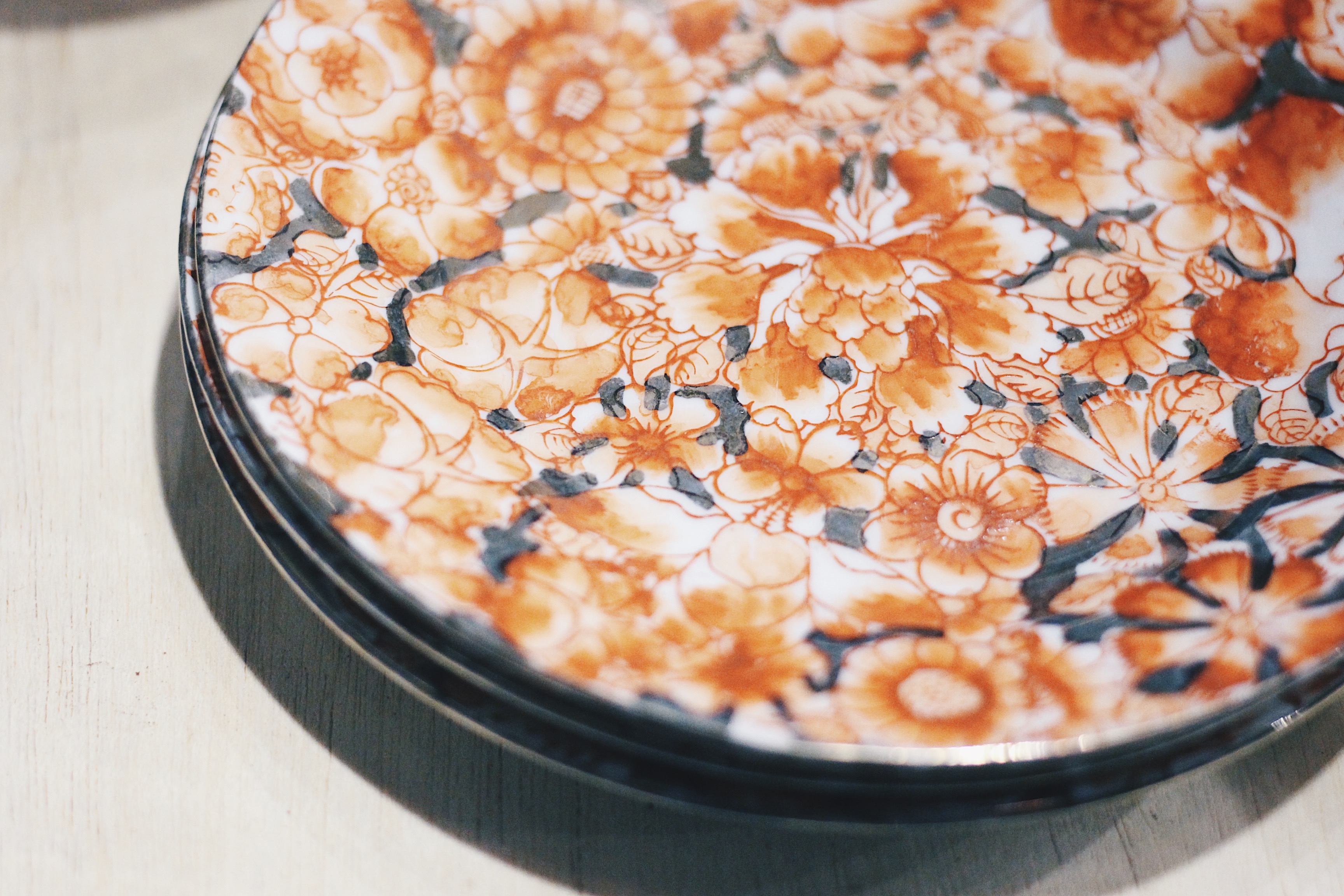
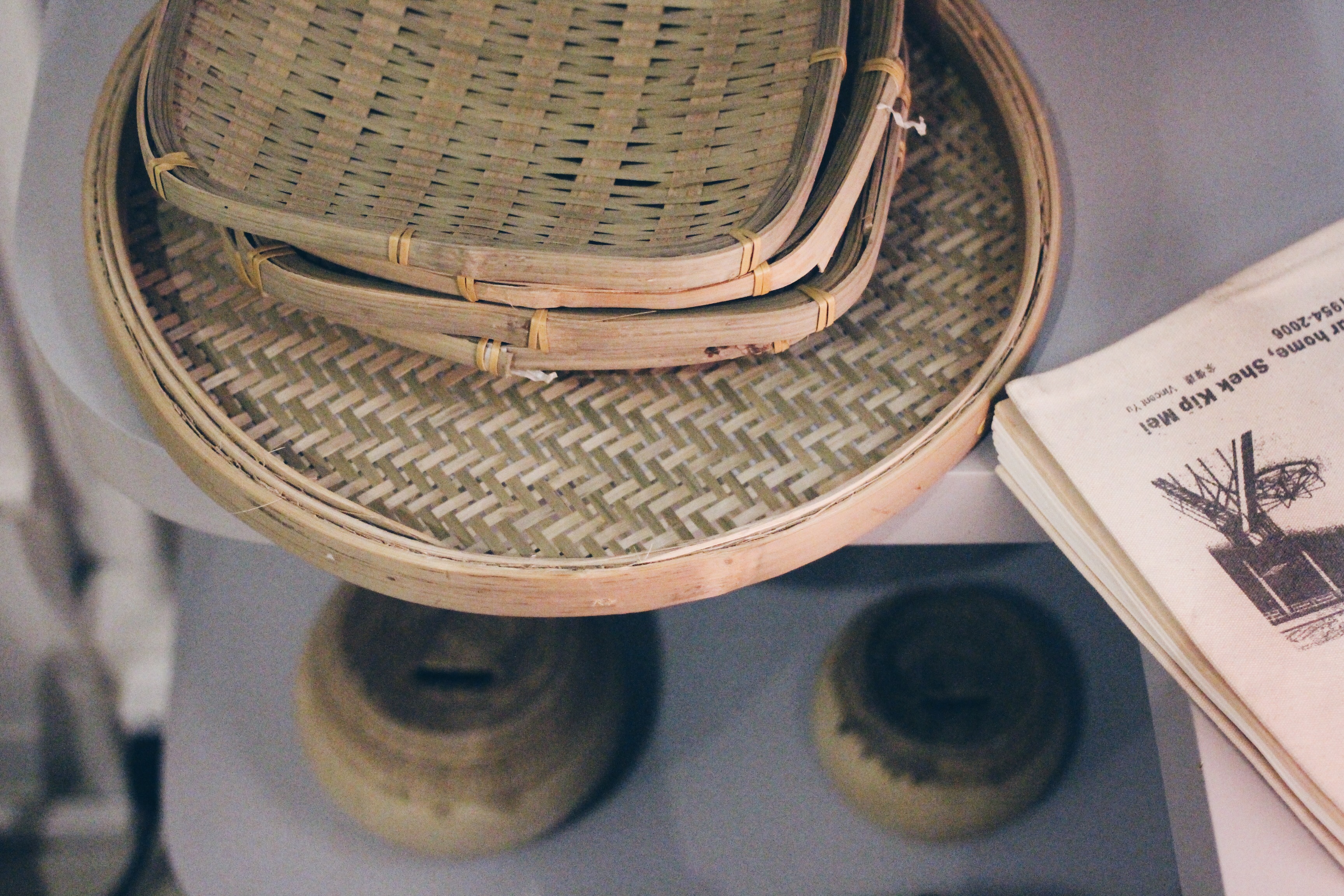
automatic clocks from TWENCO, the world's only brand specializing in the research and development of fully automatic clock established in 1956; the hand-painted bowls and plates with poetic floral patterns by the 90-ish-year-old Yuet East Porcelain Factory; the delicately crafted hand-woven bamboo steamers by Ming Sang Metal & Bamboo Steamer Factory from Taipo.
While it takes two to tango, a mix of many more of these legendary "Made in Hong Kong" products even choreograph a powerful performance to demonstrate the strength of the local design. In addition to the local groceries, global counterparts are available including the durable and low-priced tempered dining glassware for the 1950-1960s by Fire King from the United States; the thermal flasks STANLEY thermos bottle, the cooking pot by Swedish mount-climbing brand TRANGIA. All these timeless designs are meant to bring daily living to an elevated level.
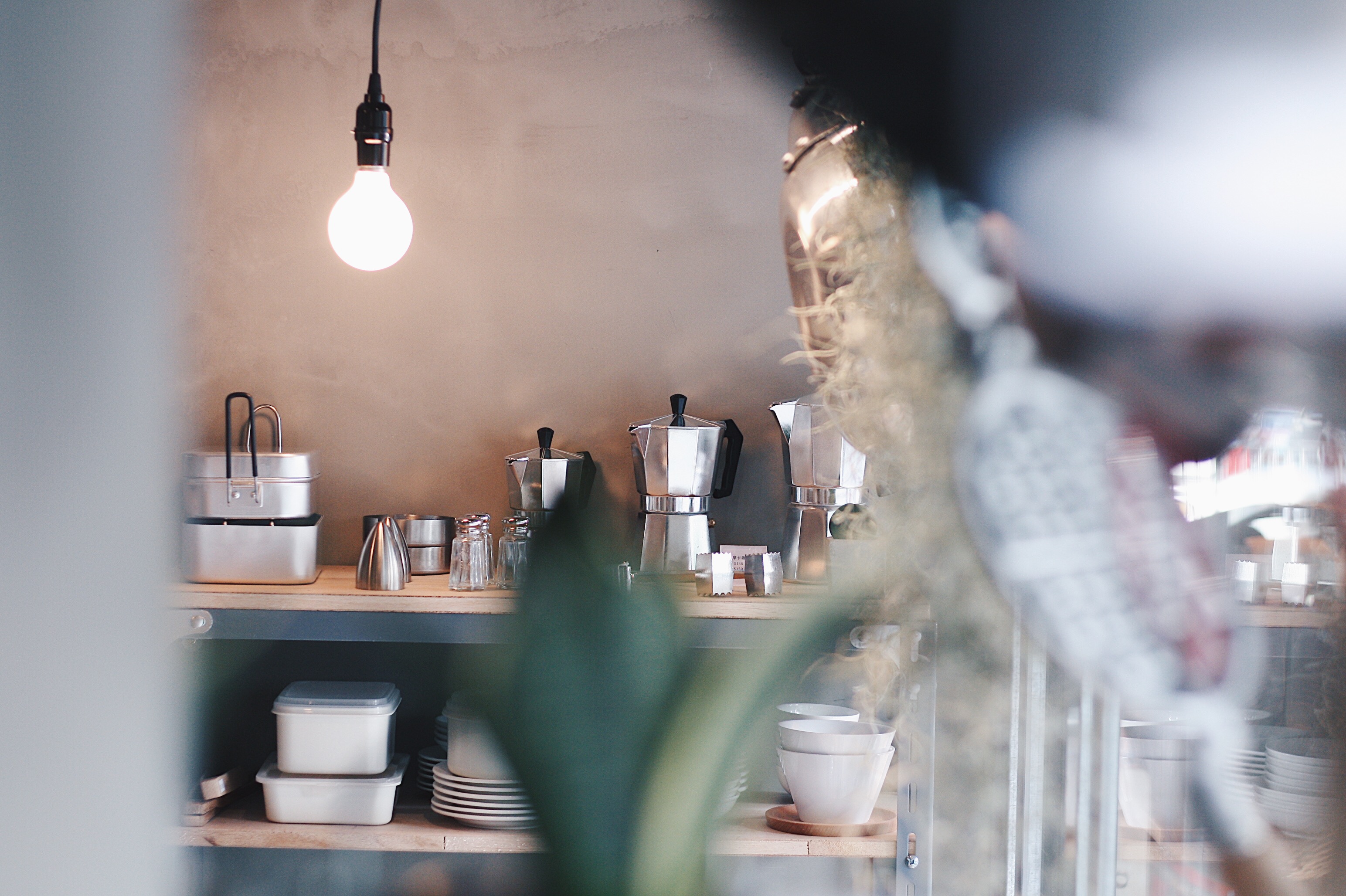
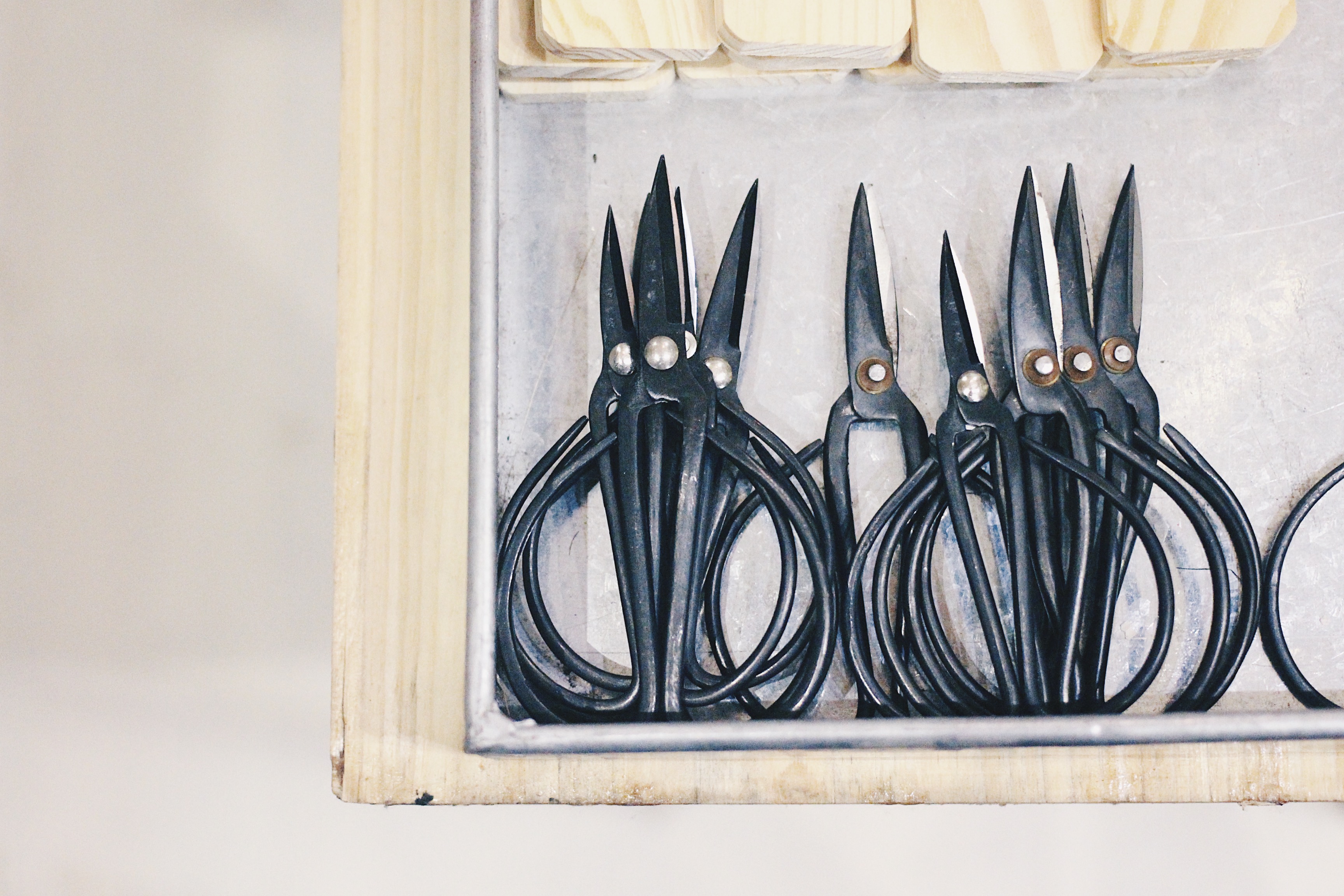
Hak Dei's concept of classics revival is somewhat reminiscent of the project of D&DEPARTMENT initiated by graphic designer Nagaoka Masaaki in Japan in 2000. While advocating no excessive production and no blind consumption, he resold or reproduced those easily-ignored classic brands, and in the meantime collected a multitude of second-hand furniture for further transformation.
Such a commercial experiment succeeded in arousing market awareness about the definition of LONG LIFE DESIGN - a design sustainable can be considered excellent even though it is not necessarily brand new.
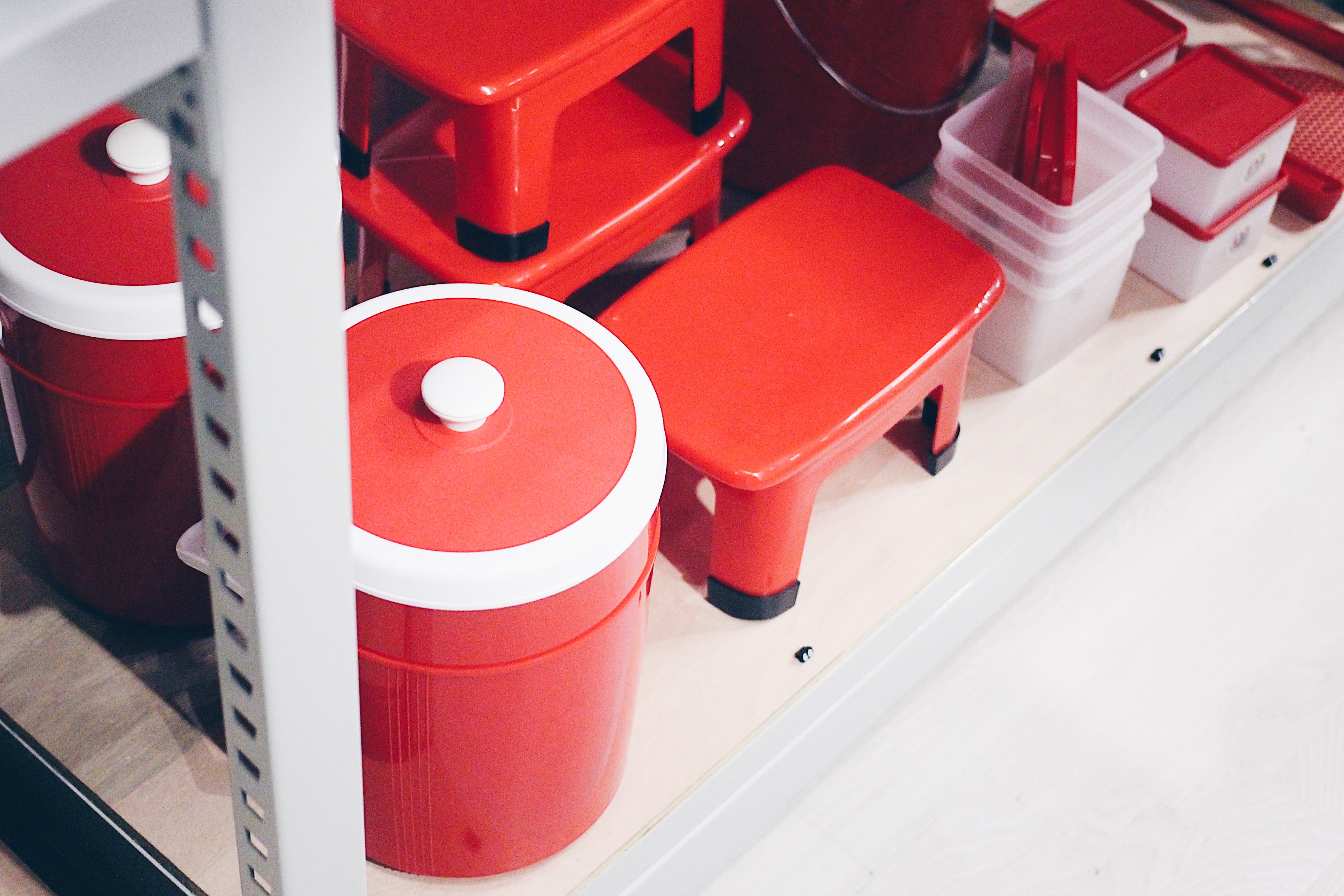
To Pang, the time-honoured local household utensils share the same spirit of the long-lasting designs by D&DEPARTMENT. "We all love Japanese designs, but the local Hong Kong designs nevel fall behind. Those designed for the previous generations should not be forgotten and should instead be made known to the public again," claimed Pang.
Once rejected, all iconic items of function and good look for the last generation are now shelved afresh again.
When the shop is filled, it is time the objects and the carers themselves joined hands to make the story last.
Hak Dei@ PMQ Pop-up Exhibition | Now - 5 June 2017 https://www.pmq.org.hk/event/hak-dei-black-field-pmq-pop-up-exhibition/

